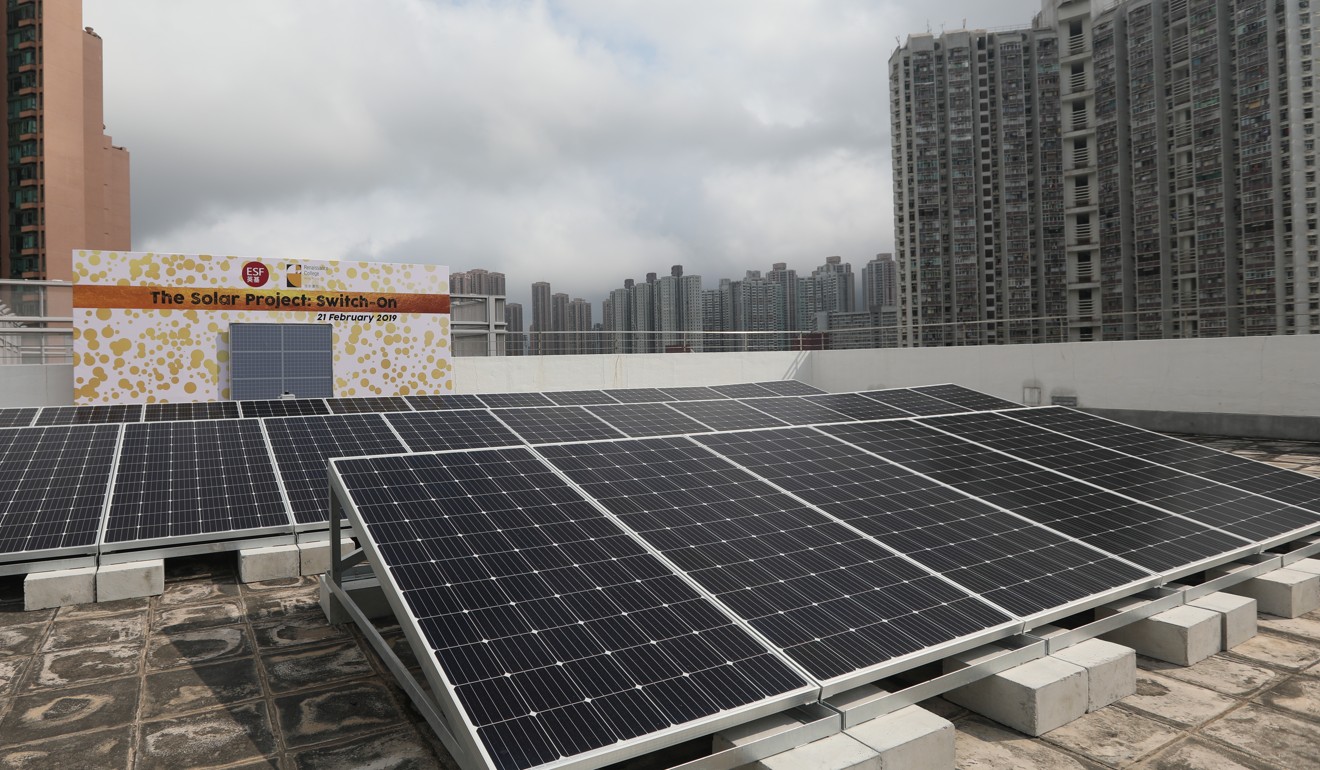
Hong Kong electric utility CLP joins the data arms race in an effort to prepare for the ‘future of energy’
- Hong Kong electric utility says it is preparing for disruption in the energy sector by investing in a range of smart technologies
- CLP’s senior director, innovation and venture, Austin Bryan, explains why the 118-year-old company has added a team of data scientists
CLP Holdings, one of two major electricity providers in the city, is working with start-ups at home and abroad to improve its network and help consumers lower their energy footprint and cut carbon emissions through the use of apps and other solutions that leverage data.
Austin Bryan, senior director of innovation and venture at CLP, said the 118-year-old utility was determined to ensure it stayed competitive through early adoption of smart technologies in its global business empire.
“We have built a small team of data scientists to look at the application of digital tools like artificial intelligence, which are strategic pieces of the future of energy fundamental to the way a successful 21st century energy company will operate.”
The investments are underway even as its Hong Kong business is protected by an 8 per cent return on relevant assets under a 15-year agreement with the government that took effect late last year.
Recent areas of cooperation with start-ups include a mobile app that tracks home energy consumption to alert potential health problems with the elderly, a software package that evaluates the impact of solar panel installations on the power distribution system, and an app that allows users to monitor home temperature and humidity and automatically adjust them to save energy.
In addition to Hong Kong, CLP operates in evolving and sometimes unpredictable regulatory environments in overseas markets such as Australia.
Last week, the company’s Hong Kong shares suffered their biggest single-day decline in more than a decade after the company said it will book a major asset write-down in Australia to reflect lower future profits due to the government’s U-turn on liberalising retail tariffs.
Bryan said his prior work experience in financial services and telecommunications, two industries disrupted by digital technology, helps his mission to drive CLP’s preparation for expected changes coming to the energy sector.
Since he took up the position in May 2016, CLP has invested in a Silicon Valley venture fund specialising in clean energy and smart building technologies. Other investments include a California-based energy management software developer, a Hong Kong smart lighting solutions supplier and an Israeli venture capital firm specialising in digital energy and transport technology.
Last year CLP became the 10th utility company to join a platform that supports the development of energy start-ups, known as Free Electrons. Fifteen start-ups were invited to Hong Kong this week to present business proposals to the member companies.
As a percentage of consumption, buildings are the biggest users of electricity in the city, accounting for 90 of usage and 60 per cent of carbon dioxide emissions. However, only 5 per cent of the city’s buildings are equipped with technology to effectively monitor and analyse consumption data, Bryan said.

Swiss company Adaptricity has won a service agreement to provide software to digitally monitor CLP’s power grids after completing a pilot test.
The software will allow CLP to better plan infrastructure adjustments and accommodate more output from solar panels, which are becoming increasingly popular in Hong Kong.
As part of CLP’s agreement with the government, it must buy renewable energy generated by roof top solar panels at a fixed price and roll out programmes to help customers conserve energy.
Meanwhile, UK-based start-up Howz has completed a trial with CLP to install motion and door sensors at 22 homes with elderly residents and test a mobile app that tracks energy consumption.
The system can generate alerts if things appear out of normal, notifying care givers that the resident tenant may need help.
Howz’s chief operating officer, Louise Rogerson, said it is in negotiation with CLP on possible business models in Hong Kong.
In the UK, close to 1,000 homes have installed the monitoring kit under a trial funded by the National Health Service in cooperation with utility EDF Energy.
“CLP is an old economy type company, getting a look at new economy companies and being able to invest in them early stage make sense given it has a lot of spare cash,” said Hong Kong-based independent utilities analyst Simon Powell. “It will probably not make a difference to their profit in the next few years, but will create value in the long term.”

